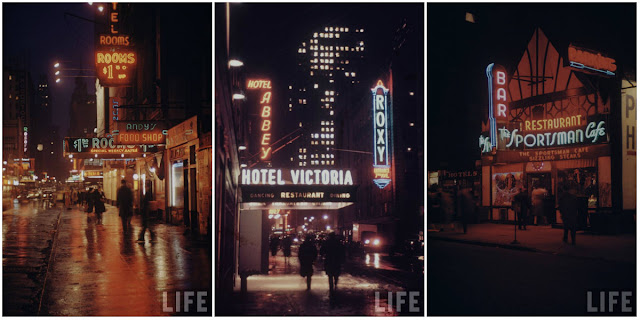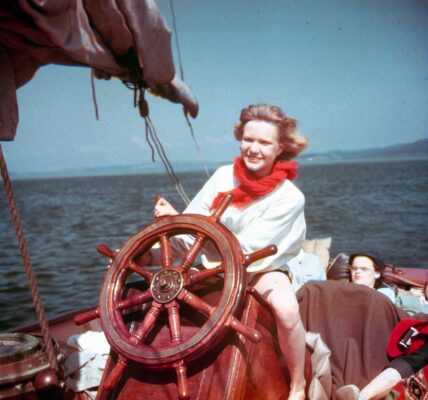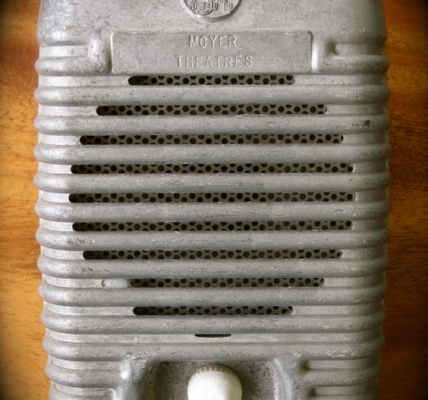40 Amazing Vintage Color Photographs of New York City at Night Taken by Andreas Feininger in the 1940s _ US
Andreas Feininger (1906–1999), a Bauhaus student and the eldest son of Lyonel Feininger, regarded this as the most important prerequisite for good photography. He belonged to a generation of artists who, during the period after the First World War, discovered photography as an artistic medium that utilized an unbiased apparatus-the camera-to represent reality objectively.
In the process, they developed a new mode of photographic perception. Clarity, simplicity and organisation were basic principles of Andreas Feininger’s work. In a way that was almost unparalleled, he successfully combined thematic content with rigorous formal criteria and the demands of perspective and composition.
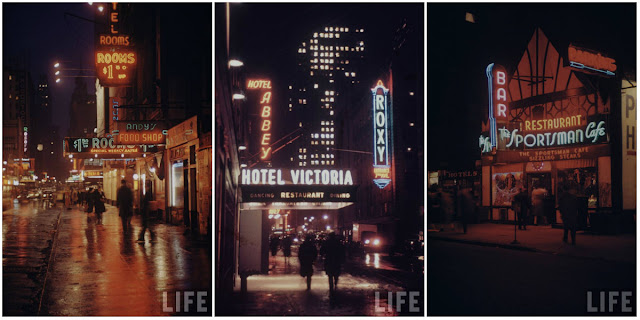
Various stages of his life were spent at the Bauhaus in Weimar and Dessau, in Hamburg, Paris, Stockholm and New York. Trained as a cabinetmaker, Andreas Feininger first worked as an independent architect before joining the office of Le Corbusier for a short time. His photographic work spanned a period of 60 years. He quickly established a reputation with his architectural photography and was one of LIFE magazine’s foremost photographers for 20 years. Numerous photography textbooks written by Andreas Feininger have remained relevant even to the present day and are still regarded as standard works. As a forerunner and pioneer of modern photojournalism, he numbers among the truly great photographers of the twentieth century. Urban life and the sculptural forms of nature comprise the two thematic realms that captivated Feininger throughout his life. As some of the most distinctive examples of the former, the Bauhaus Archive is now showing his early pictures of New York.
Upon the outbreak of World War II, Andreas Feininger emigrated to New York. The architecture of the city and the life in his adopted hometown never lost their fascination for him. His photographs are carefully arranged and composed, with a purposeful analysis of the selected motifs. In densely atmospheric pictures, he repeatedly captured the Manhattan skyline, street canyons, skyscrapers, bridges, elevated trains and people. These views in particular, which were taken shortly after his arrival in the 1940s, number among the classic images of photographic history and have permanently influenced our visual perception of New York.


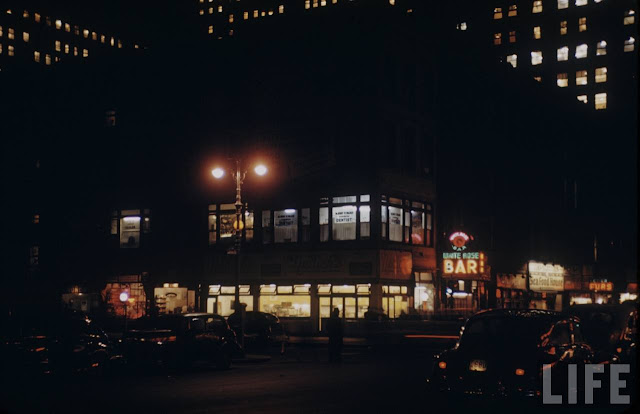







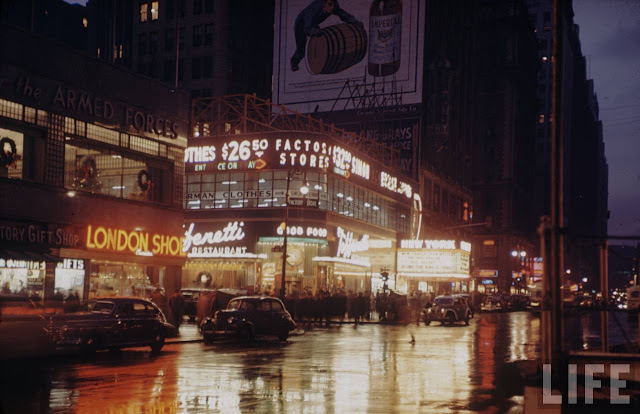










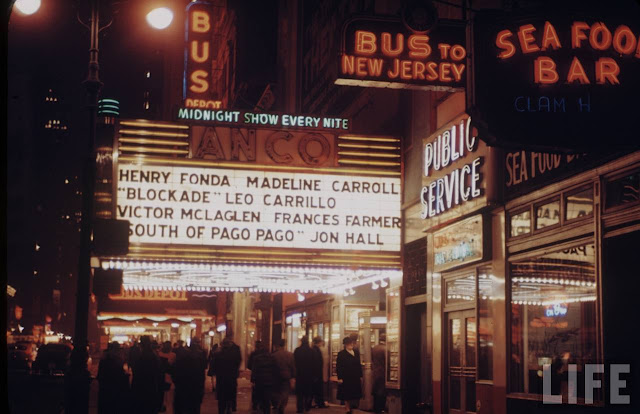


















(Photos by Andreas Feininger/ LIFE Archive Photos)
